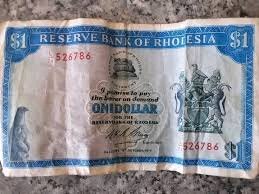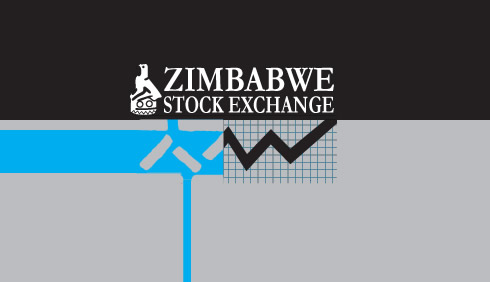Latest News
Top Story
 Zimbabwe launches new airline
Zimbabwe launches new airline Zimbabwe has ushered in a new era of domestic aviation with the launch of RIDA Falcon Air, a new airline that commenced...
Top Story
 Hichilema meets Chivayo
Hichilema meets Chivayo Controversial Zimbabwean businessman Wicknell Chivayo on Thursday held a meeting with Zambian President Hakainde Hichile...
Top Story
 Millions celebrate Diwali festival in India
Millions celebrate Diwali festival in India MILLIONS of Indians are celebrating Diwali, the festival of lights, one of Hinduism's most significant and widely obser...
Top Story
 SA bitcoin firm mulls Zimbabwe listing
SA bitcoin firm mulls Zimbabwe listing South African financial services group Africa Bitcoin Corporation (ABC) is considering listing on either the Zimbabwe S...
Top Story
 Gold edges up as traders await guidance
Gold edges up as traders await guidance Gold edged higher as traders weighed the outlook for US monetary policy ahead of a key speech by Federal Reserve Chair J...
Top Story
 Airlink applies for Lanseria to Harare, Bulawayo route
Airlink applies for Lanseria to Harare, Bulawayo route South African regional carrier Airlink (Pty) Limited has applied to expand its operations to Zimbabwe by adding two new ...
Top Story
 Young Investment Professional (YIP) Graduate Programme 2019
Young Investment Professional (YIP) Graduate Programme 2019 Company Name Investec Asset Management Company Location Cape Town, Western Cape, South Africa Click HEREJob descriptionO...












 Young Investment Professional (YIP) Graduate Programme 2019
Young Investment Professional (YIP) Graduate Programme 2019
Editor's Pick